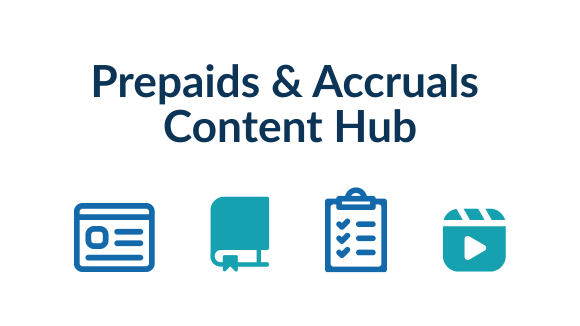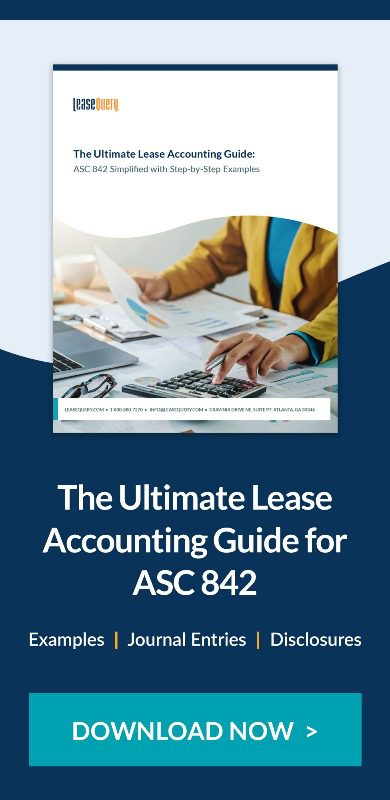AI is everywhere, with tools like ChatGPT, Gemini, and Claude making headlines for their transformative potential. AI is helping software developers with coding, marketers with copy creation, and other use cases. But how can it help accountants? Is it really up to the task? What are its limits? The answer is nuanced: AI is incredibly valuable when used with purpose and precision. AI is not an accountant, a replacement for dedicated accounting software, or a cure-all. But when asked specific questions aimed at solving specific problems it can become an intelligent assistant helping accountants augment their capabilities.
Use case 1: Technical research & clarification
AI is particularly useful for processing and synthesizing large amounts of text-based information. This makes it a powerful tool to help accountants navigate the dense world of technical research, regulatory updates, and compliance questions. Given the right prompting, AI is excellent at rapid information retrieval and synthesis enabling you to do things like better understand regulatory updates, compare standards, or understand technical jargon. The key is in how you prompt.
Prompting tips
- Be specific with standards, regulations, and jurisdictions – incorporate precise accounting terms, standard numbers, and regulatory bodies
- Provide context and ask for clarification of specific aspects rather than asking broad, overarching questions
- Iterate and ask follow-up questions
Prompt examples
Weak prompt: “What is lease accounting?”
Strong prompt: “I am an accountant at a US-based private company lessee. We are adopting ASC 842 for the fiscal year beginning January 1, 2025. Can you explain the main balance sheet recognition requirements for operating leases under this standard, including the calculation of the right-of-use (ROU) asset and lease liability?”
Example Follow-up: “You mentioned embedded leases in your summary of ASC 842. Can you elaborate on how that specifically may impact companies in the manufacturing industry with long-term supply contracts?”
Use case 2: Excel formula help
Accountants can do a lot with Excel – but AI can help them do even more. Have an idea for what you want your spreadsheet to do, but not quite sure how to create the formula? AI can generate formulas from descriptions or translate your logic into a formula. Have a spreadsheet from a prior coworker and need help understanding what their formulas were doing? Prompt AI directly in your sheet (if available) or paste the formula into AI and get a breakdown of each part of the formula. AI can also help debug or optimize formulas or suggest which Excel function to use – making creating your own spreadsheets much easier.
Prompting tips
- Clearly state what you want the formula to accomplish with step by step logic
- Provide a sample data structure (if complex)
- Specify cell references
- Mention your Excel version
- If asking Excel to make you a formula also ask for an explanation of the formula
- If debugging paste in the exact Excel formula, describe the error message, and explain what the formula should be doing
Prompt examples
Weak prompt: “Excel formula help“
Strong Prompt for Creating a Formula: I have a list of transactions in Excel. Column A has dates (e.g., ‘2025-04-10’), Column B has account names (e.g., ‘Common Area Maintenance’, ‘Rent’), and Column C has amounts. I need a formula in cell F5 that sums all amounts from Column C for the ‘Rent’ account in Column B, but only for transactions that occurred in 2024 (from January 1, 2024, to December 31, 2024). I’m using Microsoft 365.
Strong Prompt for Debugging: “My formula =SUM(A1:A5) is giving me a #VALUE! error. Cells A1, A2, A4, A5 contain numbers, but A3 contains the text ‘Pending’. How can I sum the numbers and ignore the text?” (I’d likely suggest SUMIF or AGGREGATE).
Use case 3: Technical writing tasks
AI isn’t just for research and spreadsheet help. It can be a very effective tool for helping you with accounting-related writing tasks. With its technical research capabilities and summarization capabilities, AI can help draft memos that explain the application of accounting standards or outline the rationale for a particular accounting position. It can also be your assistant in writing or updating formal policy documents and financial footnotes.
Prompting tips
- Include the goal of the document you are asking AI to help you write along with format needed, the intended audience, and the tone
- Provide the necessary information needed in the document – relevant standards, context, facts, and assumptions
- If there are points that must be covered, an outline that must be followed include them
- Upload any documents or files you’d like referenced, analyzed, or used as a model and provide AI the appropriate context for how you would like the documents used
- Giving context via proprietary data, within the limits of your organization’s data security policies, enables AI to provide strategic, detailed, and actionable insights tailored specifically to your organization
Prompt examples
Weak prompt: Write a memo on ASC 842
Strong prompt: Draft a technical accounting memo evaluating whether a new lease agreement qualifies as an operating lease or a finance lease under ASC 842. The lease is for equipment with a 5-year term, no transfer of ownership, and payments of $50,000 per year. The estimated economic life is 6 years and the fair value is $220,000. We believe the lease should be classified as an operating lease.
Use case 4: AI in your accounting software
In addition to stand-alone AI resources like ChatGPT, AI is increasingly being integrated into accounting software. These AI solutions are often purpose-built to achieve specific tasks within the software to make accountants more efficient, accurate, or strategic. AI can serve many purposes within an accounting software but one of the most practical is the automation of routine tasks like document and transaction processing. By eliminating the need for things like manual data entry, AI eliminates manual errors and frees up accountants to use their time elsewhere. For example, FinQuery AI streamlines lease and contract management by automating data extraction and entry, reducing manual effort by up to 80% and minimizing errors. It enables non-accountants to handle initial input, freeing up accounting teams to focus on review and compliance with standards like ASC 842 and IFRS 16. The result is faster, more accurate financial data management that supports both daily operations and long-term audit readiness.
Protip: Data security
While much of your focus may be on validating AI’s outputs – don’t forget to think about data security risk. Be thoughtful about the data you share with AI tools and the AI tools you share data with – particularly sensitive financial data. Make sure to understand where that data will be stored, who will have access, and whether it will be used to train a publicly available AI model, before you share any proprietary data. In addition, consider updating financial controls with AI in mind. Creating policies around what data can be shared and where will help you and your team leverage the power of AI safely and securely.
Conclusion
As we’ve explored, AI is more than capable of assisting accountants in meaningful ways, from deciphering complex regulations and supercharging Excel skills to helping with technical research and writing. As AI capabilities and adoption accelerates, use cases are expanding to include things like anomaly detection and enhanced forecasting. Organizations are even starting to experiment with agentic AI capable of performing complex multistep workflows. The critical factor, as always, is skillful application. While AI is a powerful helper, it’s not an accountant. Always evaluate the information it provides with a critical eye and use your professional judgement. By asking precise questions and using AI as a targeted problem-solver—and increasingly as an integrated feature in your accounting software—you can significantly enhance your capabilities. It’s not doing your job for you, but it may start your research, create a first draft, or check your work. Thus, while AI is no substitute for an accountant’s critical thinking, it’s undeniably a powerful tool to augment your expertise and navigate the evolving demands of the profession.







